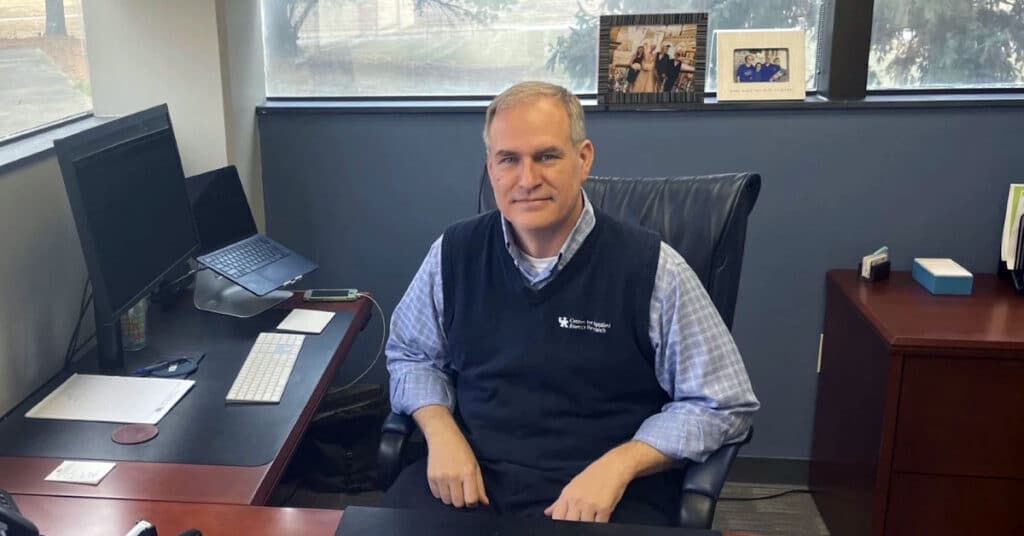It could still be well over a decade before the majority of vehicles on the road are electric. That is the thought of the director of the University of Kentucky Center for Applied Energy Research. Rodney Andrews said there’s significant growth in the electric vehicle market, but it’s still a relatively small portion of the entire American fleet of vehicles.

“You have to keep in mind how many gasoline or diesel vehicles currently exist and they’re not just gonna disappear. People keep vehicles ten years or longer, transport trucks are maybe quite a bit longer than that,” said Andrews.
Andrews said there will be a gradual change to electric vehicles. He noted the pace of change is impacted by the availability of batteries and where enough electricity to produce enough power to fuel electric vehicles can be found. Andrews added part of that discussion could one day focus more heavily on nuclear power.
Retrieving valuable metals from used electric vehicle batteries is a key component of transitioning away from gas-powered cars.
Ascend Elements will use $480 million in federal funding to build two new plants in Hopkinsville. The company turns recycled lithium-ion batteries into parts for electric vehicle batteries. Andrews said this technology is attracting a lot of attention.
“Lithium is in short supply, particularly when you look at the forecast for the number of batteries we’re going to produce because we’re increasing the number of electric vehicles. So, what’s really interesting about that is them looking at how do we recover that lithium and then put it back into manufacturing,” said Andrews.
Andrews said many older landfilled electric vehicle batteries contain critical metals. The C-A-E-R director noted the aim is to get those materials back into the supply chain rather than relying on mining raw ores.
This was first published by WEKU. Read the original article here.






